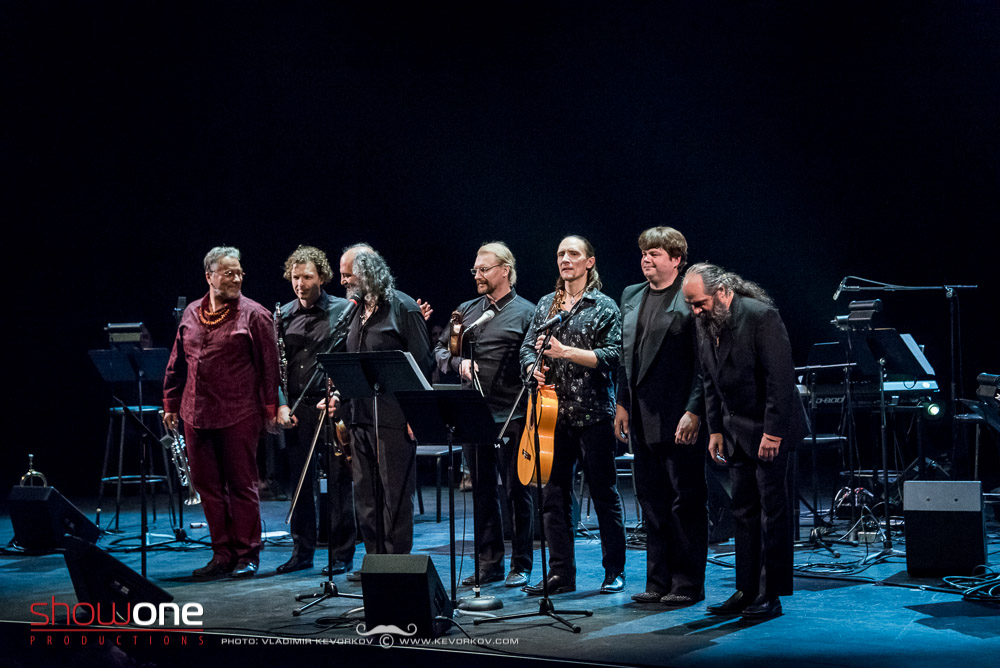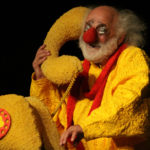In the late 1990s, the librarians of Ukrainian National Library in Kiev found a number of unnamed boxes with handwritten Yiddish documents in a semi-restricted section of the depository. It turned out to be the long presumed lost archive of the Folklore
Department of the Cabinet for Studies of Jewish Culture. The research team led by ethnomusicologist Moisei Beregovsky, spent World War II collecting Yiddish music, stories and jokes from Jews, all amateur performers, living and dying in the USSR – in ghettos, working at the home front or serving in the Red Army. These archival materials, namely songs often preserved without tunes, were recently brought back to life in an academic and artistic project ‘’Yiddish Glory’’, which included a release of a Grammy-nominated album, a series of lecture-concerts and large-scale performances worldwide. The article authored by the project’s creators discusses the process of textual and historical analysis of the songs, imagining missing tunes and analysis of Soviet censorship’s concerns. It also discusses how contemporary international audiences made sense of this material.





